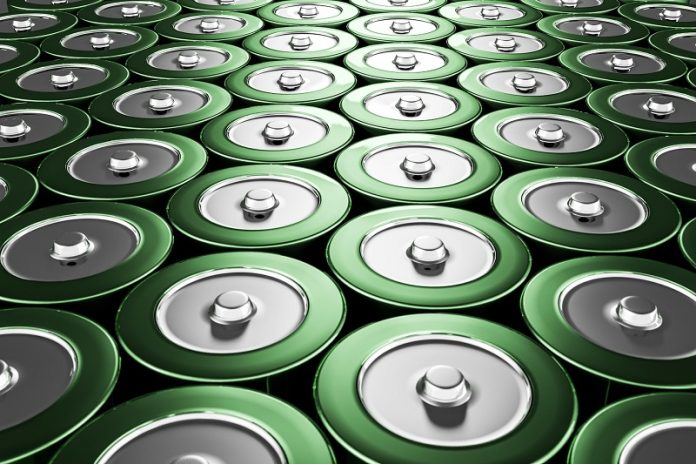
Scientists at the University of Surrey have developed a new green technology that recovers up to 95% of high-purity lithium from used lithium-ion batteries using microbes.
This breakthrough could make battery recycling cleaner, cheaper, and more sustainable.
Lithium powers our phones, laptops, and electric cars.
But current recycling methods recover very little lithium—sometimes just 5%—and often rely on strong chemicals and high energy use.
The new method uses a bioelectrochemical system (BES), which combines biology and electricity.
Special microbes help extract lithium from a powdery material called black mass—what’s left of a battery after it’s been processed.
The project, named BELIEVE (BioElectrochemical LIthium rEcoVEry), was led by Professors Claudio Avignone Rossa and Jhuma Sadhukhan, along with Dr. Siddharth Gadkari and Dr. Marina Ramirez Moreno.
They say this method is not only safer for the environment and workers, but it also helps meet new regulations that push for better recycling. For example, the EU Green Deal wants 70% of lithium from batteries to be recovered by 2030.
Using microbes to extract metals is called biorefining. This approach avoids toxic chemicals, reduces waste, and saves energy. It also opens the door to recovering other valuable metals like cobalt, nickel, and manganese, which are also found in batteries.
The team’s next step is to expand this technology to recycle all metals from old batteries. They hope their work will help create a “circular battery economy,” where valuable materials are reused instead of mined from the Earth.
This innovation shows how nature and science can work together to solve real-world problems. By using tiny microbes, we can take a big step toward greener technology and a cleaner planet.
Source: University of Surrey.



